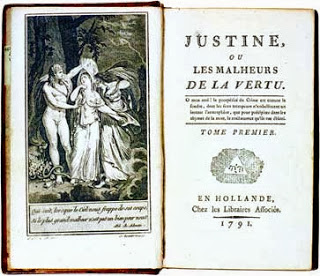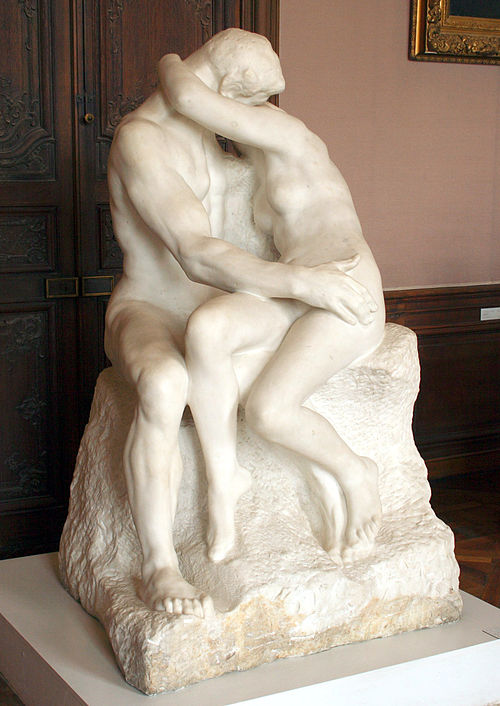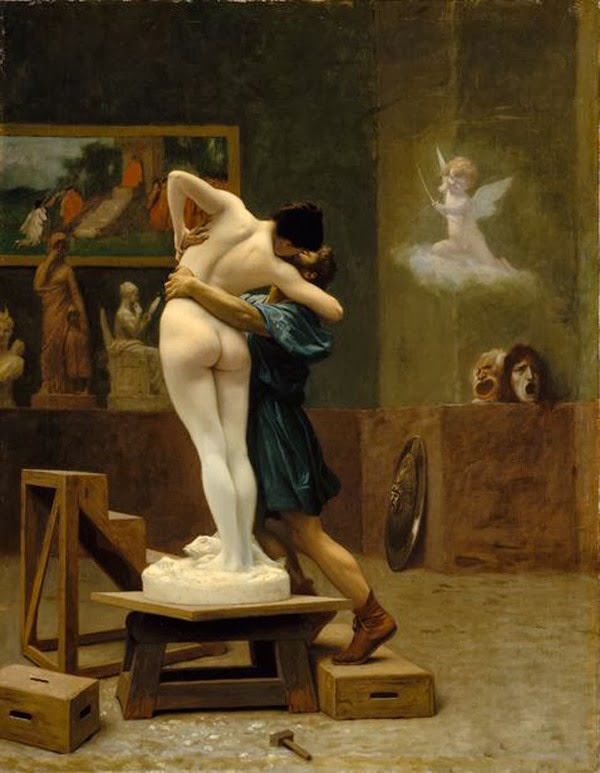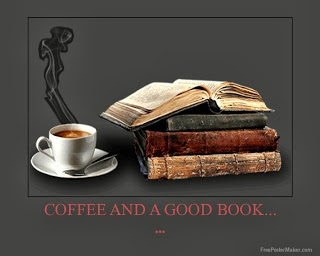By Donna George Storey
I haven’t written a new story in almost six months. Not that I haven’t had a few fallow periods since I first started writing fiction seriously sixteen years ago, but the break in the flow this time around has inspired me to listen to an inner voice that is usually drowned out by the word-rush of my latest story project.
Who am I writing for?
(Yes, I know, it should be “For whom am I writing?” but my inner voice is not particularly interested in proper grammar!)
“For my audience, the bigger the better”—that’s the first simple answer that comes to mind. Or “for myself,” which feels fleetingly self-empowering and bravely feminist, but doesn’t ring totally true. To be honest, although no work I’ve ever done has felt so personally expressive and revealing as fiction writing, from the beginning the driving force has been my desire for validation through publication. While an audience is implied, the images of success that come to mind are acceptance letters, contracts, books or journals to hold in my hands. Oddly no readers are in sight.
I publish, therefore I am a writer. That was my creed. Always an eager student, I immersed myself in how-to-get-published books of all kinds, scribbling notes on how to write a cover letter, how to hook an editor, sure-fire techniques of the selling writer (throw a lovable character into trouble, then deeper trouble to keep the pages turning). I’m not sure if any of this advice actually affected the stories I wrote, but it did reinforce my sense that ultimately I wrote to please an editor and, stretching endlessly beyond her, a faultlessly wise literary establishment.
Over the years, I eventually did get published—with over 160 credits to my name right now. Damn, even my cruelly judgmental inner voice has to admit that’s some form of validation. Yet, what inspired me to write before now seems a barrier. Perhaps it’s because I know too well what publication, after the first rush of pleasure and pride, means. Promoting your work is an endless, soul-draining task. Nor do the writing experts allow for resting on your laurels. Everyone knows a truly successful writer must produce a constant stream of novels to establish her brand and a deep backlist for new fans to explore. At this level, success is, of course, married to profit rather than a mere byline. But in order to make cartloads of cash in the gold rush of self-publishing, you must above all be savvy about what sells.
Trapped as I am in an attitude that has apparently given me what I wanted, when I think about writing another novel, I feel bored rather than inspired. Experience (or rather, feedback from editors over the years) tells me every chapter has to have a sex scene. The story or vocabulary can’t be too complex. My book has to fit into a well-oiled slot in the store (none of this genre-busting nonsense) and it has to be excitingly fresh, yet reassuringly the same as every other best-selling erotic novel out there. This is what “they” want from me. I ignore their desires at my peril.
But at long last, what I’d like to call the “real” writer inside me is saying enough. Enough of reading the market and second-guessing editors and thinking these skills are enough to satisfy my heart, mind and spirit. Write what fascinates you, she tells me. Write sex scenes only where they belong in the story and only at the level of explicitness that feels right, because sometimes suggestion is far sexier than a blow-by-blow. Write only for yourself at least once in your life. At the very least, the experience will teach you lessons you will never learn if you’re always looking to others for your reward.
It all sounds pretty sweet right now.
I can’t guarantee myself I’ll have the courage to do this, but after months of indifference, I’m finally getting excited about writing again.
I’ll let you know how it goes.
Donna George Storey is the author
of Amorous Woman (recently released as an ebook) and a new collection of short
stories, Mammoth
Presents the Best of Donna George Storey. Learn more about her
work at www.DonnaGeorgeStorey.com
or http://www.facebook.com/DGSauthor











